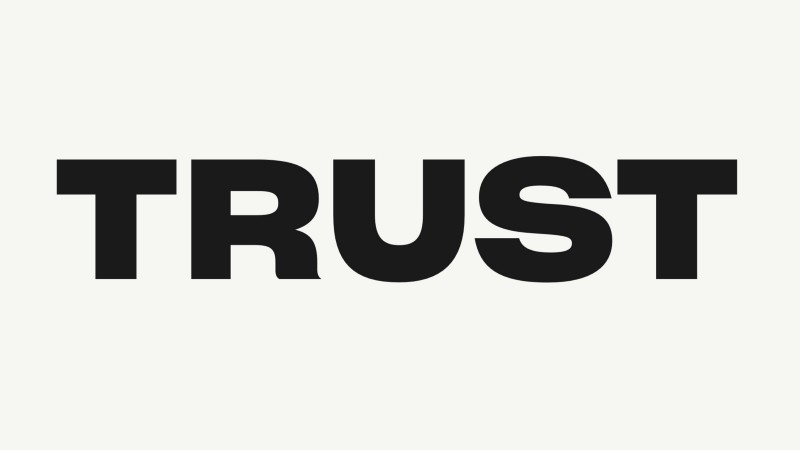Ep. 23: Misconceptions Around Blockchain And What It Will NOT Solve In Healthcare
Blockchain and token economy are bringing a lot of new ideas into the development of different industries, and in healthcare, the thinking revolves around the use of personal data.
Currently, there are more than 30 ongoing healthcare projects using blockchain: they are addressing EHRs, insurance premiums, billing in healthcare, access to healthcare, population health, medical records, patient-generated data and more.
You can find, listen and subscribe to the podcast in iTunes or Podbean, or use the RSS feed.
Some target implementations of benefits of blockchain technology in healthcare, others are incorporating new business models with the token economy on top of that. Teams with such ideas are looking for funding through Initial Coin Offerings — new crowdfunding way of attracting capital with cryptocurrencies. They are proposing ideas that could work in reality in the future when the use cryptocurrencies and tokens will not be an inexplicable gold rush, but a new normal.
Blockchain technology is new, still very complicated to understand, leaving a lot of space for misinterpretations and confusion in public. This is one of the things the 23rd episode of Medicine Today on Digital Health addresses: what blockchain can solve and what the most common misconceptions are.
For intro in blockchain listen to Episode 14: Blockchain in Healthcare: How and How Fast Could It Be Applied?
Interoperability is on top of the list of the things blockchain cannot solve. What do we mean when we talk about interoperability anyway? From a patient perspective, if you are not an IT person, you might have wondered, why if you go to more doctors, the second one can’t somehow easily access your data from the first one. The answer is — lack of connection and lack of standardization in EHRs among different providers.
Let’s first define interoperability
If you perceive interoperability merely as data exchange, then yes, blockchain can help increase it to a certain extent. If you view interoperability as actually data exchange in formats that are compatible, meaning that data from one system will automatically be readable in the second system, then no, blockchain does not address that.
To put it simply: imagine going to a doctor in China and then to a doctor in Germany. If the doctor from China sends his notes in Chinese to the German doctor, then yes, you could call this data exchange. But the Chinese notes are not very useful to the German doctor because they are written in a different language. Both doctors use different languages and this is how EHR in various hospitals with different IT vendors look like. EHRs are not interoperable.
Data standards
Now to be fair here: Perhaps sometime in the future, machine learning, AI will be able to extract needed information even if data is written in different standards. It is too soon to tell. Today, a lot of hospitals use standards called HL7 and one of the last big attempts to connect institutions using this standard is another standard called FHIR, which works as an interoperable connection for those using HL7. However, even HL7 allows for a lot of free text, unstructured data, making queries and analysis harder. Another standard for storing clinical data that is just picking up is openEHR. It is more structured and the core template is defined and designed by domain experts. Clinicians. These standards are publicly available, published. So once you as an institution use an IT system on openEHR, you can migrate data from the IT system easier, because there is no vendor lock-in. Gartner even recognized openEHR as the way forward for interoperability in healthcare.
So what is possible and what not? The speakers in this podcast are Helen Disney, the CEO and Founder of Unblocked, a hub for Blockchain events, education and information and Dr. Navin Ramachandran, a blockchain expert from the medical world, who understands the technology, its capabilities and follows the development closely. He is a practising radiology consultant at University College London Hospital (UCLH) and a healthcare data researcher at University College London Centre for Health Informatics & Multiprofessional Education (UCL CHIME).
Simply put, Navin is a big IT expert coming from medical practice, he is also a co-founder of PEACH — Platform for Enhanced Analytics and Computational Healthcare (PEACH). Google him and be amazed. Same goes for Helen: she was listed in Innovate Finance’s 2016 Women in Fintech Powerlist and referred to by Barclays as a “Blockchain guru”.
Questions addressed in the podcast:
What are the biggest misconceptions you’ve heard around blockchain so far?
What are the best implications for blockchain use in healthcare?
Why is blockchain not solving interoperability?
Will the patient experience in a system with a blockchain solution be different from the experience in the current system? How much should patients know?
How to look at ICO projects in healthcare and what to keep an eye on?
This episode was enabled by IRYO — one of the youngest projects in the healthcare blockchain sphere, where I work on business development and communications. The fundamental thing we strive for is the shift from IT vendors or private companies taking advantage of patient data, to the patients being the one leveraging most in a medical and financial sense. This is not the reality today, but it could be the reality of the future, especially looking at where the personal data protection legislation is going and how the token economy is developing.
IRYO is building a global healthcare ecosystem with the emphasis on solutions with a better user experience for the patients and the doctors than the current systems offer. The base for our ecosystem is an open-source EHR platform using the openEHR standard to increase its wider adoption and consequently global interoperability. Our idea for an increase in global useful connectivity of health data is therefore not blockchain, but the openEHR standard for medical data gathering.

